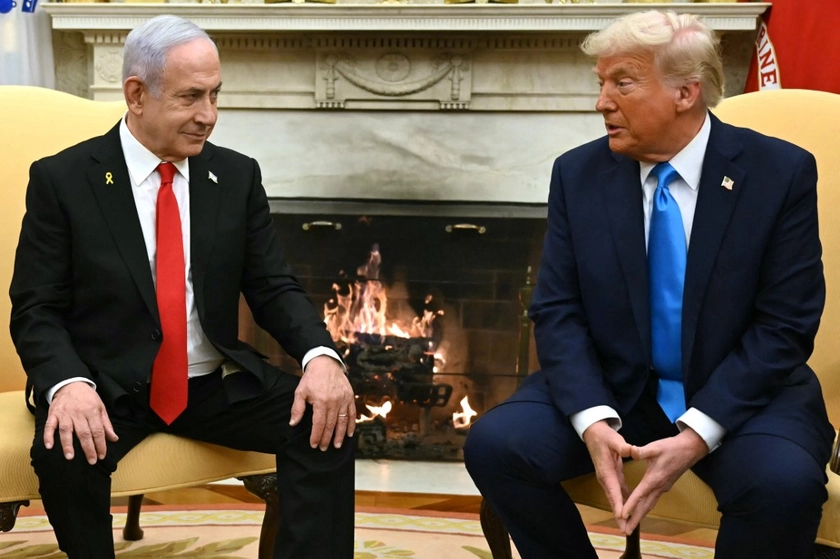The Center for Countering Disinformation, operating under the National Security Council of Ukraine, has issued a stark warning today regarding an impending disinformation campaign targeting the country’s highest-ranking officials.
According to the Center, a series of articles are set to be disseminated through English-language media outlets. Their aim is to undermine the military-political leadership of Ukraine.
JOIN US ON TELEGRAM
Follow our coverage of the war on the @Kyivpost_official.
Foreign journalists, particularly those with prior experience working in Russia during the early years of Putin’s rule, are reportedly behind the preparation of these publications.
“The purpose of such actions is to split Ukrainian society,” explains the Center for Countering Disinformation, emphasizing the potential divisive impact of the planned disinformation campaign.
Recently there have been a number of articles published in foreign media, which have been denounced as “harmful” by Ukrainian authorities.
A highly critical article about President Volodymyr Zelensky in Time magazine by Simon Shuster has stirred up heated emotions in Ukraine, outraging many of the country’s supporters. Shuster was born in Moscow, emigrated with his parents to the US when he was a child, then went back to Moscow, where he worked as a journalist in the late 2000s.
The article, published on Oct. 30, portrays Zelensky as an exhausted and embittered leader who feels betrayed by his allies. It depicts a president at the helm of a corrupt government and as someone unable to listen to the growing calls of close advisors telling him that Ukraine needs to change course in a losing battle against its neighbor.

Russian Propaganda Is Scrambling After US-Ukraine Negotiations
Zelensky’s Presidential Advisor, Mykhailo Podolyak, cast doubt on the veracity of unnamed sources used in the article, saying that sometimes such sources “do not have access to certain information” and “somewhere nearby, they want to increase their weight, and their vision is passed off as axiomatic knowledge.”
You can also highlight the text and press Ctrl + Enter











